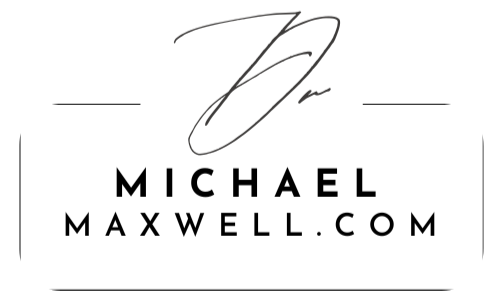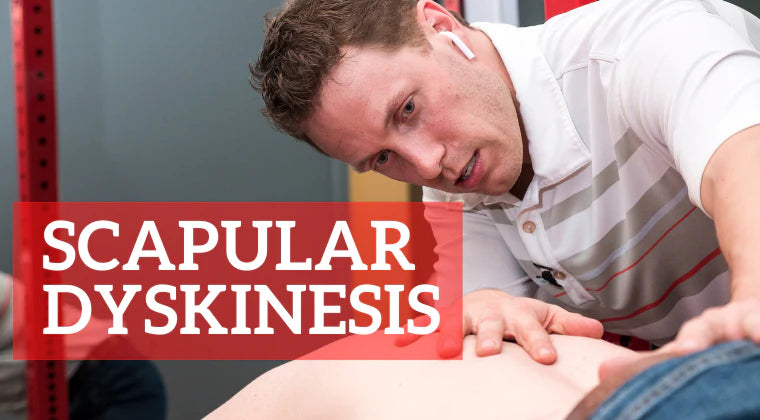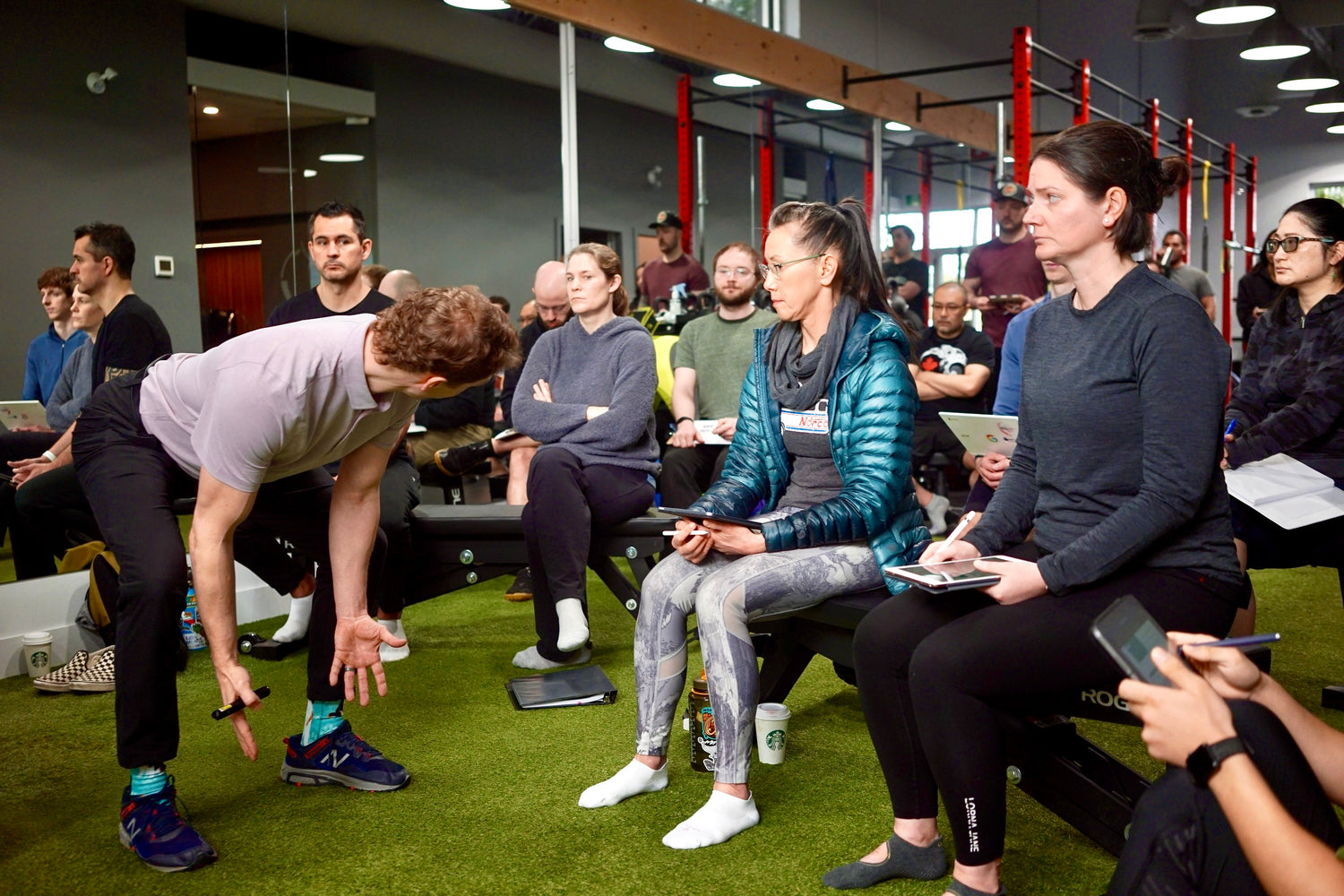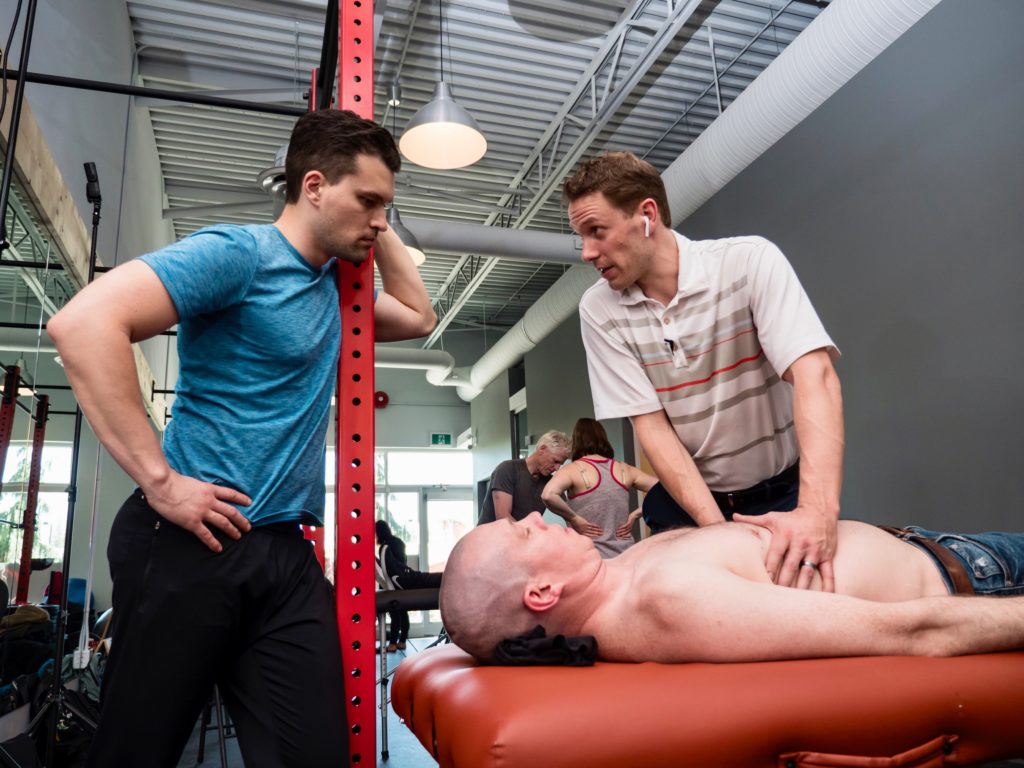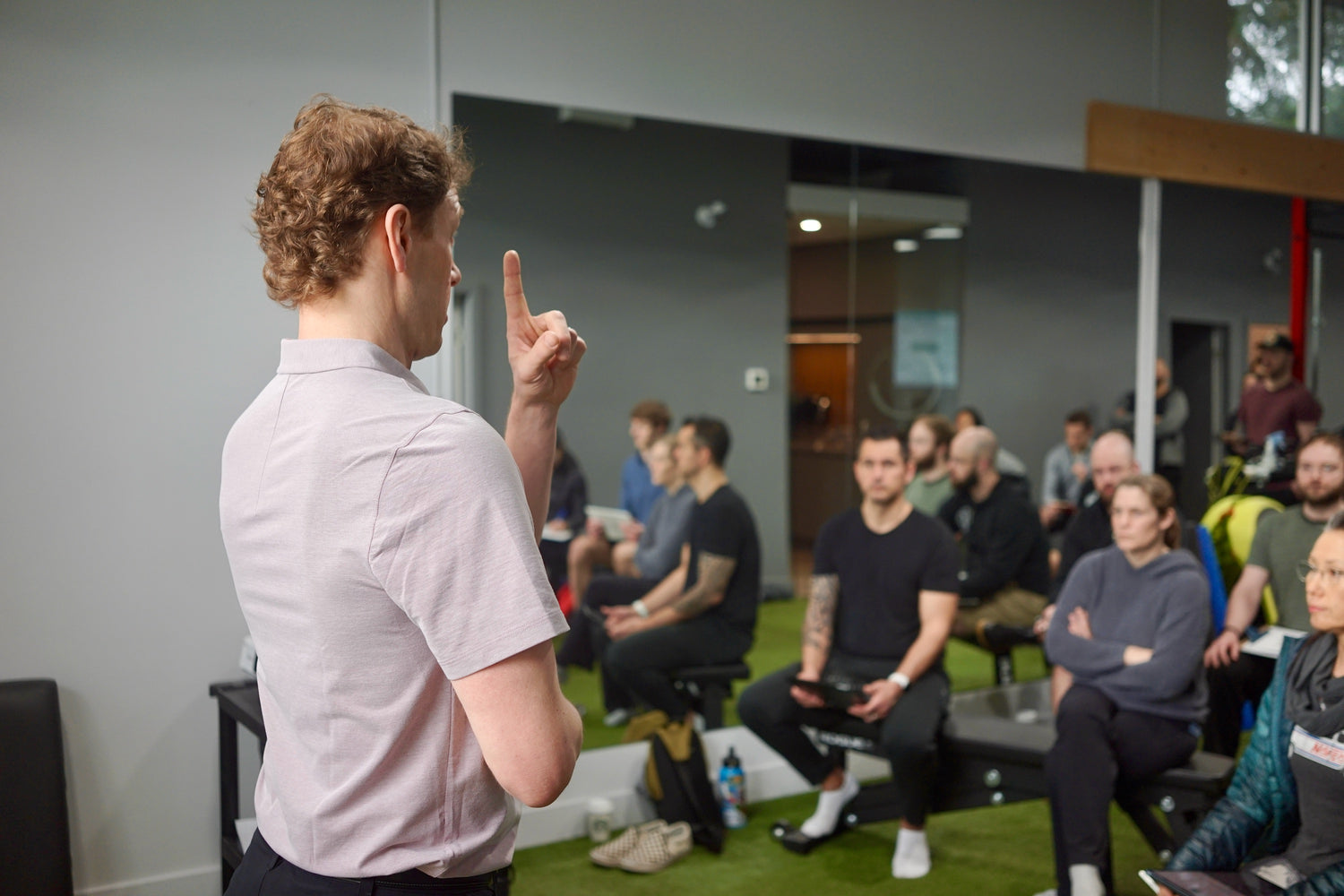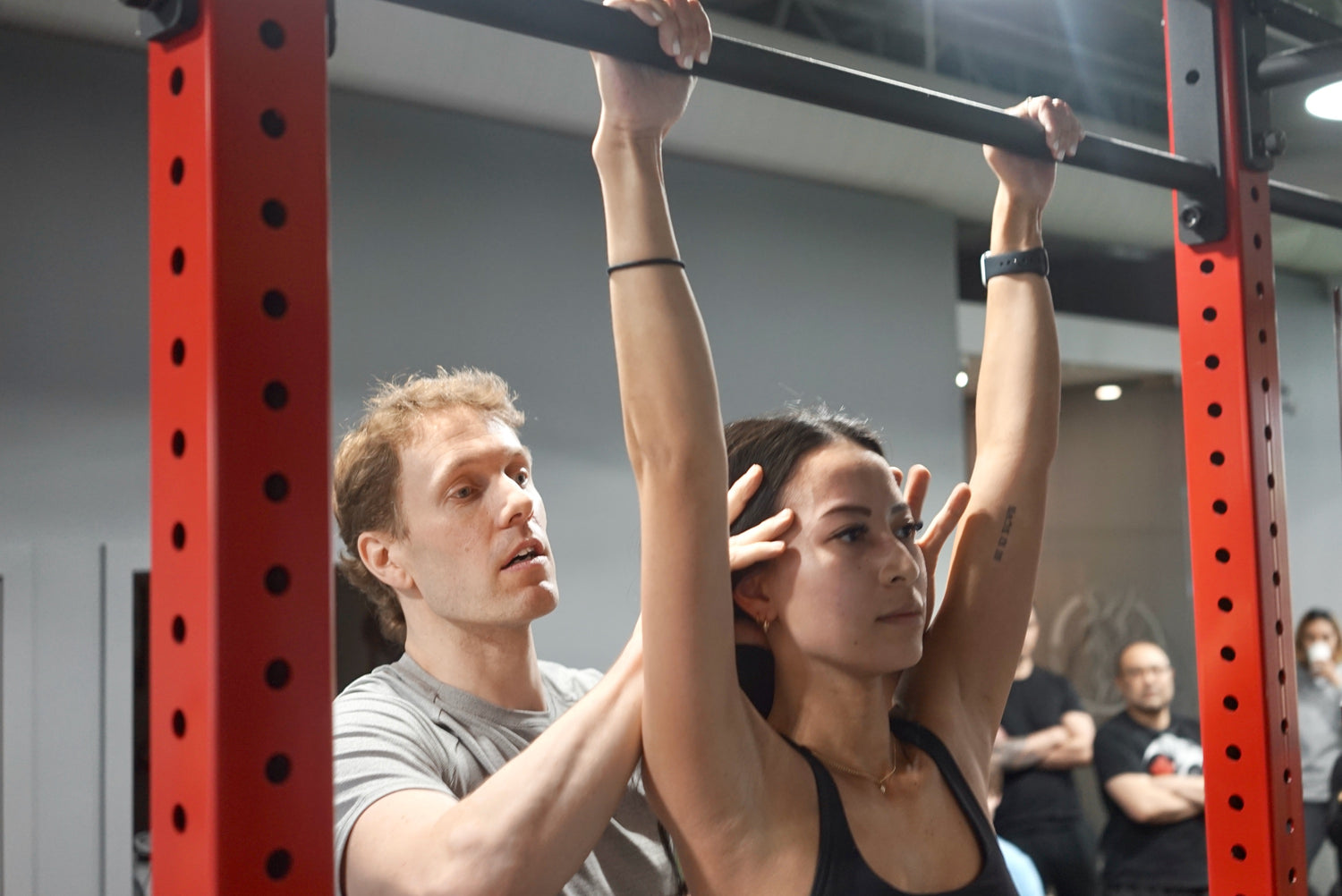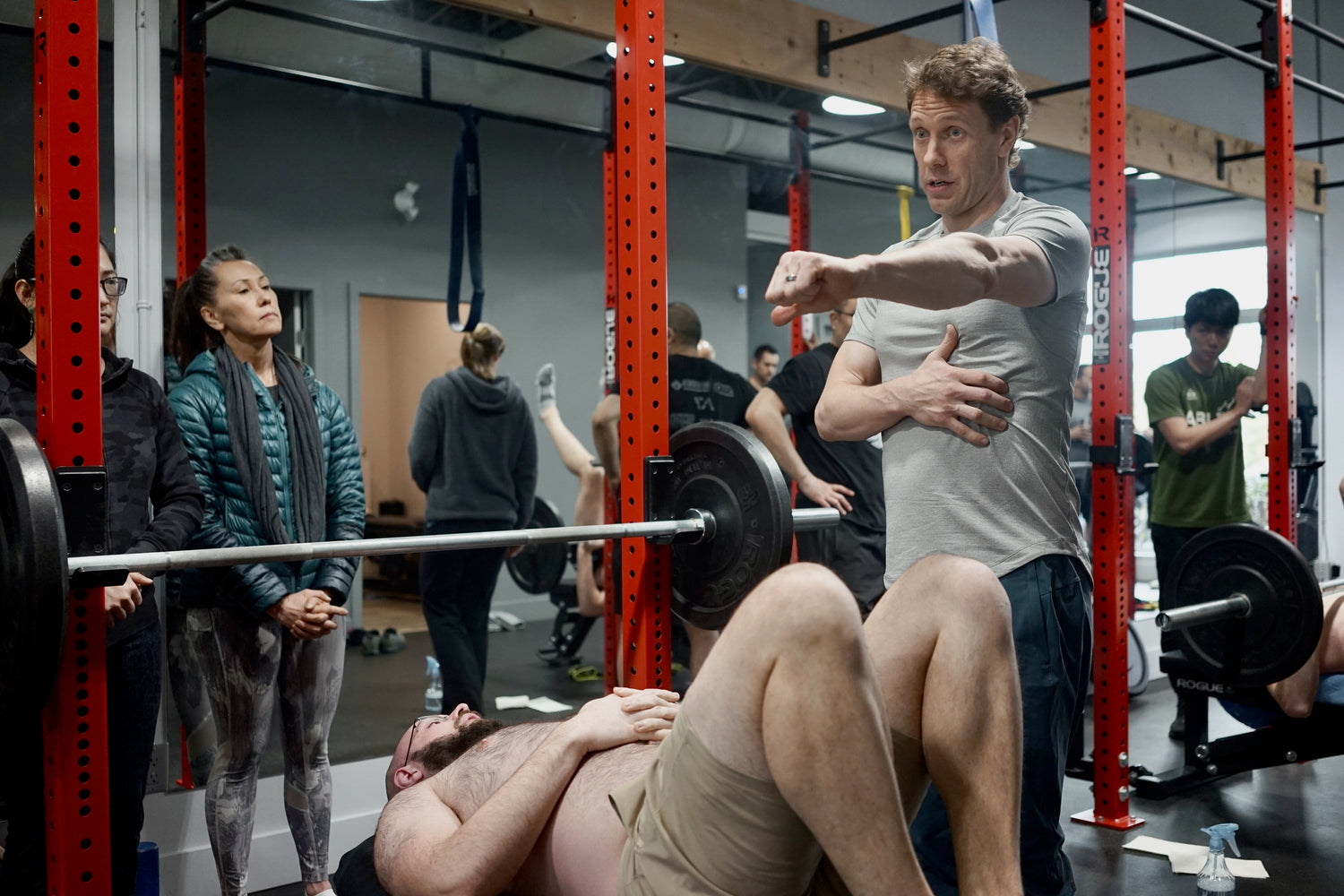Description
Shoulder injuries are incredibly common and scapular dyskinesis has been defined as a common culprit. This 10-hour course will tackle the science behind scapular dyskinesis and provide the necessary knowledge and skills to address it.
Scapular dyskinesis has been described as a common cause of shoulder injury and pain. However, critical appraisal of the literature hasn’t revealed the most conclusive evidence supporting this, leading many evidence-based advocates to doubt the relevance of dyskinesis as a meaningful cause of shoulder pain, our ability to change it, and whether it’s necessary or meaningful to try. But the research methods and exercise strategies used to address scapular dyskinesis in many of these studies are not without flaws, so I created this course to provide a clinical and critical review of the current literature, and to provide a better understanding of the connection between the scapula and thorax, its relationship postural stabilization, shoulder pain, and dysfunction, to provide a more comprehensive understanding and more accurate indicator for when scapular dyskinesis is contributing to or causing shoulder pain or dysfunction, and how to best address it.
I’m really excited to share this course with you. I hope you enjoy the course and we’ll see you on the other side.
What You Will Learn
- How to define Scapular Dyskinesis & Why it Matters
- Dyskinesis in Pathology & Pain
- Scapular Focused Interventions
- Classifying Scapular Dyskinesis
- Evaluating Scapular Dyskinesis
- Movement Based Rehab - Closed Chain Connection
- Movement Based Rehab - Open Chain Connection
- Movement Based Rehab - Breaking Down the Turkish Get Up
- Movement Based Rehab - End Range Control + Trunk Rotation
- Movement Based Rehab - Pressing and Pulling
Course Outline
Welcome to the Course!
- Why a course on Scapular Dyskinesis?
- How to take this course
- Introduction & Scapular Kinematics
- NOTES: Introduction & Scapular Kinematics
Defining Scapular Dyskinesis & Why it Matters
- Defining Scapular Dyskinesis & Why it Matters
- NOTES: Defining Dyskinesis & Why It Matters
- QUIZ - Defining Dyskinesis and Why It Matters
- Peer Reviewed: Increased supraspinatus tendon thickness following fatigue loading in rotator cuff tendinopathy: Potential implications for exercise therapy
Dyskinesis in Pathology & Pain
- Dyskinesis in Pathology and Pain
- NOTES: Dyskinesis in Pathology & Pain
- NOTES: Still Frames of Elevation Patterns + Dyskinesis
- QUIZ - Dyskinesis in Pathology and Pain
- Peer Reviewed: Comparison of 3-dimensional shoulder complex kinematics in individuals with and without shoulder pain, part 1
- Peer Reviewed: The association of scapular kinematics and glenohumeral joint pathologies
- Peer Reviewed: Effects of asymptomatic rotator cuff pathology on in vivo shoulder motion and clinical outcomes
- Peer Reviewed: Effect of flexibility deficit on scapular asymmetry in individuals with and without shoulder pain
Scapular Focused Interventions
- Scapular Focused Interventions
- NOTES: Scapular Focused Interventions
- QUIZ - Scapular Focused Interventions
- Peer Reviewed: Motor control retraining exercises for shoulder impingement: Effects on function, muscle activation, and biomechanics
- Peer Reviewed: Specific or general exercise strategy for subacromial impingement syndrome-does it matter: A systematic literature
- Peer Reviewed: Clinical outcomes of a scapular-focused treatment in patients with subacromial pain syndrome: A systematic review
- Peer Reviewed: Is Scapular Stabilization Exercise Effective for Managing Nonspecific Chronic Neck Pain: A Systematic Review
Classifying Dyskinesis
- Classifying Dyskinesis
- NOTES: Classifying Scapular Dyskinesis
- QUIZ - Classifying Dyskinesis
Evaluating Scapular Dyskinesis
- Describing & Evaluating Shoulder
- Elevation Patterns
- Evaluating the Scapula in Quadruped
- QUIZ - Evaluating Dyskinesis
- Peer Reviewed: A clinical method for identifying scapular dyskinesis, part 1: Reliability
- Peer Reviewed: A clinical method for identifying scapular dyskinesis, part 2: Validity
Movement Based Rehab - Closed Chain Connection
- Coaching Wall Plank
- Breaking Down the Modified
- Childs Pose - Beast (mini Bear) to Tripod
- Coaching Modified Childs Pose - Beast (with a little Bear) to Tripod
- Breaking Down Base
- Coaching Base
- NOTES: Base
- NOTES: Modified Childs Pose - Beast - Tripod
Movement Based Rehab - Open Chain Connection
- Breaking Down the Wall Press, Kettlebell Hold & Press
- Coaching the Wall Press, Kettlebell Hold & Press
- Coaching Connection: Scapular Centration in Arm Elevation
- Coaching Connection - Scapular Centration in Whole Body Postural Pattern
- Coaching Goblet Squat & Bottoms Up KB Squat
- NOTES: Wall Press
Movement Based Rehab - Breaking Down the Turkish Get Up
- Breaking Down the Turkish Get Up
- NOTES: Turkish Get Up
Movement Based Rehab - End Range Control + Trunk Rotation
- Coaching End Range Control with Trunk Rotation
- Coaching the Thrower's Pose
- Breaking Down the Arm Bar
- NOTES: End Range Control + Rotation
- NOTES: Arm Bar
Movement Based Rehab - Pressing and Pulling
- Split Stance Press #1
- Split Stance Press #2
- Split Stance Row
- Overhead Pressing
References
- References
Next Steps...
- Congrats on completing the course!
- Next Steps - Resources
- Before you go...
Course Instructor
Michael Maxwell, DC, BHK
Michael's mission is to provide MSK education that is backed by research, rooted in reason, and highly applicable,
Michael is a Certified Instructor for Dynamic Neuromuscular Stabilization according to Pavel Kolar, and is Canada's only Certified Instructor for Michael Shacklock's Clinical Neurodynamics. Michael has presented at post graduate continuing education courses and conferences throughout North America and Internationally.
Michael started his career as a Personal Trainer in 1998, and followed by acquiring certifications and experience as a Medical Exercise Specialist, Certified Strength and Conditioning Specialist, and Kinesiologist. Since 2007 he has practiced as a Chiropractor with an emphasis on integrating movement-based manual therapy and exercise interventions.
Michael has pursued education and excellence with a passion since his early days as a Personal Trainer. In 2003, Dr. Maxwell has organized well over 300 continuing education courses throughout Canada featuring industry leaders such as Lorimer Moseley, Donald Murphy, Jack Miller with Mulligan, Jeremy Lewis, Stuart McGill, Pavel Kolar, and the outstanding Prague School Physio’s, Clayton Skaggs, Brett Winchester, Michael Shacklock, Dale Buchberger, Clare Frank, Robert Lardner, Mark Finch, Charlie Weingroff, and many more!
Through his consistent and exceptional exposure to some of the world's most recognized clinicians and educators, 20 years in the trenches helping clients and patients reach their goals, and his dedication to providing exceptional and comprehensive care in clinical practice, Dr. Maxwell is well-positioned to provide outstanding clinical continuing education.
Check it out...
